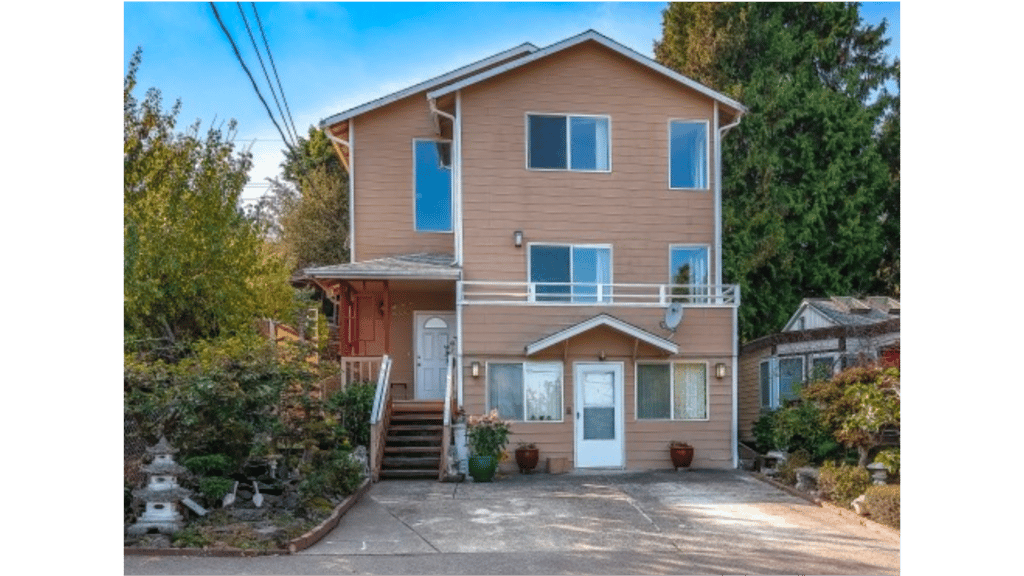Are you interested in house hacking Seattle? Already living there and considering house hacking, or moving to Seattle and expecting to house hack?
In this post, we’re going to give you all the information you need to do it. We’ll look at whether Seattle is in a landlord or tenant-friendly state, the six demographic data points we use to analyze a market, and the house hacking strategies that might work well in a market.
Seattle: Landlord or Tenant Friendly?
From the state level, Washington is more on the tenant-friendly side of the scale than landlord-friendly. You can see where Washington falls on the graph here.
Seattle, the city itself, is even more tenant-friendly than other cities in the state of Washington.
Since you will have tenants when house hacking, it is often worth considering whether your location is landlord or tenant-friendly. In this case, the city of Seattle, and Washington as a whole, is more tenant-friendly than we prefer for real estate investing, including house hacking.
However, if you’re living in Seattle or the state of Washington anyway, there can be benefits to tenant-friendly environments. A few benefits might be higher rent, a less competitive investor market, and clearer guidance on what you can and cannot do as a landlord.
However, take some time to consider this for your own risk tolerance and determine if house hacking Seattle is right for you.
Demographic Data Analysis
The 6 demographic data points that we’ve learned to use when analyzing a market are population growth, income growth, property value growth, crime level, crime change, and job growth.
This was taught to us by Neal Bawa at Grocapitus and MultifamilyU. Neal is a data scientist turned real estate investor. Due to his background in data analytics and technology, he has developed an approach to analyzing markets that is quite objective and quantitative.
That’s exactly how we like to approach investing as well, so the strategy resonated well with us when we first heard it and we’ve successfully implemented it many times now.
When it comes to the six metrics, this is how Seattle compares to our benchmarks:
| Data Point | Benchmark (since 2000) | Seattle |
| Population Growth | 20% | 33.8% |
| Income Growth | 30% | 124% |
| Property Value Growth | 40% | 204% |
| Crime Level | < 500 | 396.6 |
| Crime Change | 0% or declining | -29% |
| Job Growth | 1% | 4.58% |
Overall, a Seattle house hack looks quite good based on the 6 metrics above that we analyze. Not one of the metrics misses our benchmarks.
Strategies for House Hacking Seattle
Seattle has many different types of properties. These property types include single-family homes and multifamily properties. Also, since Seattle is a large city, there are many businesses and vacation travelers. Who doesn’t want to visit the Amazon and Starbucks capital of the world?
This means that you can utilize nearly any of the house hacking strategies. These strategies include rent-by-the-room when house hacking a single-family home, renting out additional units in a multifamily property, or even utilizing Airbnb.
Here is an example of a duplex in Seattle that could make for a great house hack:

The tenant-friendly nature of the city and the state of Washington is a bit concerning, but overall, Seattle is a great city. If you’re moving to the area, or you already live in the area and you’re just doing research, you now know house hacking Seattle could be a great option.
If you’re interested in Seattle house hacking, be sure to check out our free house hacking calculator to analyze all your potential deals. And, if you’re interested in learning more about house hacking, check out our book The Everything Guide to House Hacking.
